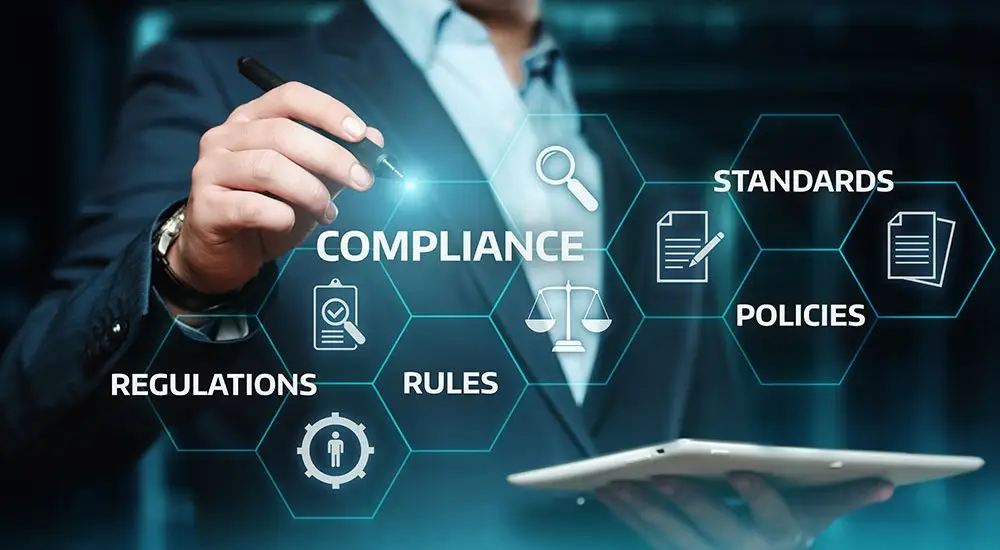A jewellery consultancy business typically offers advisory services related to jewellery design, sourcing, valuation, branding, or retail strategy. While it may not directly engage in the buying or selling of precious metals or stones, it still needs to comply with various regulations depending on its activities and jurisdiction.
1. Business Registration and Licensing
- Register the business entity (sole proprietorship, partnership, LLP, or company) with the appropriate government authority.
- Obtain a business license or professional consultancy license from local municipal or trade authorities.
2. Tax Compliance
- Register for Goods and Services Tax (GST) or VAT, depending on your country.
- Maintain proper accounting records and file regular tax returns.
- If providing services internationally, check for applicable import/export taxes or duties.
3. Anti-Money Laundering (AML) Regulations
- Jewellery is considered a high-risk sector for money laundering.
- If you provide brokerage or valuation services involving transactions, you may be required to:
- Register with a Financial Intelligence Unit (FIU).
- Implement Know Your Customer (KYC) procedures.
- Report suspicious transactions.
4. Intellectual Property Compliance
- Ensure that any jewellery designs, brand names, or creative work comply with copyright and trademark laws.
- Avoid copying or infringing on existing designs and secure protection for your own IP where necessary.
5. Consumer Protection Laws
- Clearly define your consultancy services in contracts and agreements.
- Avoid misleading claims, especially regarding value, sourcing, or authentication of jewellery items.
- Provide transparent pricing for your consultancy services.
6. Data Protection and Privacy
- If collecting customer data, ensure compliance with data protection regulations such as GDPR (EU), CCPA (California), or local equivalents.
- Maintain data security measures and obtain consent for collecting or sharing personal information.
7. Contractual and Legal Documentation
- Have legally binding service agreements and non-disclosure agreements (NDAs) with clients and collaborators.
- Clearly state your consultancy’s liability limits and scope of services.
8. Professional Certifications (Optional but Beneficial)
- Obtain certifications from recognised bodies (e.g., GIA, IGI, or local jewellery associations) to add credibility and assure clients of professional standards.




